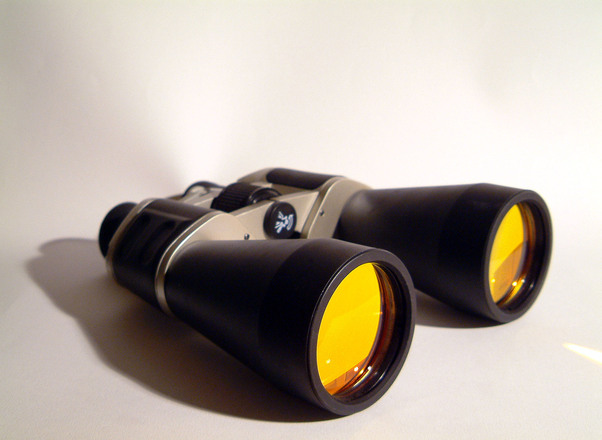

THE Patent Trial and Appeal Board (PTAB) is probably AIA's best outcome. It helps eliminate software patents by the thousands, i.e. a lot more rapidly than courts do, and it erodes confidence in software patents -- enough to discourage some new patent applications and even more so patent lawsuits (these have become too risky for the plaintiff).
"CAFC has done nothing to stop or even slow down PTAB."Here we have one of the more strident patent maximalists' sites moaning to CAFC about PTAB, for PTAB is throwing away bad patents without giving assignees the benefit of the doubt. To quote the author: "The Federal Circuit remanded a final written decision of the Patent Trial and Appeal Board ("PTAB" or "Board") because the Board invalidated certain claims in a patent without providing adequate notice or opportunity to the patentee to respond to an assertion about a prior art reference. Interestingly, in the In re NuVasive, Inc. opinion decided on November 9, 2016, the Federal Circuit reviewed the outcome of two IPR proceedings related to the same patent, U.S. Patent No. 8,187,334, directed to implants for spinal fusion surgery."
Another one of those sites (albeit a lot more polite and usually professional/academic) wrote about PTAB and also about "non-reviewable decisions", i.e. decisions without proper oversight:
Arbitrator as Arbitrary: Non-reviewable decisions (whether by the USPTO or by an arbitrator) are generally troubling because they create the potential for arbitrary awards that depart from both the law and facts.
The case was originally denied hearing by the Texas Supreme Court. On rehearing request, the Court has showed some interest by requesting further briefing from Jenner & Block and two amicus filings have supported the petition. Because it is a Federal Law (the FAA) that has prevented judicial review thus far, the case will be appealable directly to the U.S. Supreme Court once Texas gives its final word.